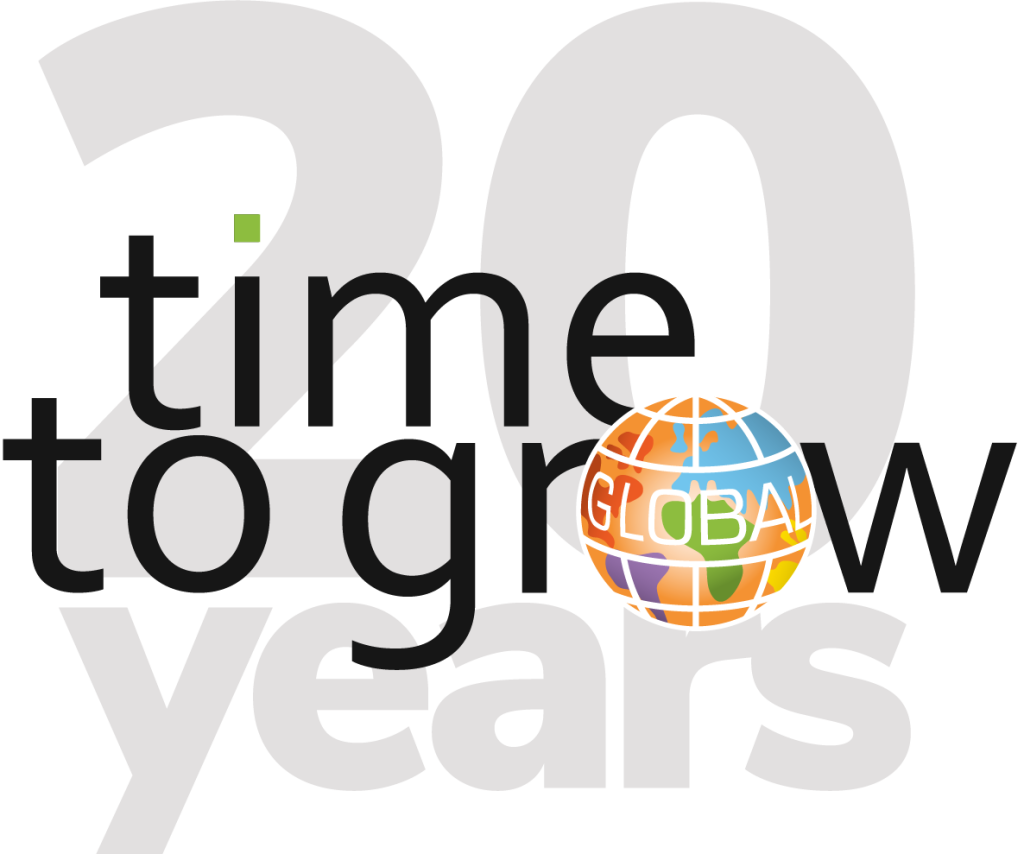Have you been asked to turn up at an assessment center? If you’ve just aced an interview or applied for an internal promotion, an assessment center is fairly often the next step for recruitment in organizations. They can also be an effective part of your professional development, or even be a proactive step that you yourself take to help develop your career.
There are many types of Assessment Center, and if you’re a manager, you’ll want to know what’s best for your particular goals. For participants, it can be reassuring to have a sense of what to expect on the day.

What’s An Assessment Center? A Definition
While different assessment centers are tailored for specific goals, the overarching idea is to get a sense of your competencies skills as they relate to these specific career goals.
We find that there are four common types of career goals. For each, we have outlined some examples of common assessment tests. You can find more in-depth descriptions here.
-
Selection for short-term fit in a specified: This Selection Assessment center type will often involve one or more of the most useful exercises for gauging specific skills on a job. Example assessment tests you may encounter in these instances include cognitive tests, in-tray exercises, and simulation exercises.
-
Potential for medium- to long-term fit in a specific role: These Potential Assessment centers are used frequently in succession planning, restructures, or similar. They are also a powerful tool for organizational adaptability because they look at how someone might potentially perform in a certain role, function, or team in the future. These can sometimes utilize personality questionnaires or conversational situations, amongst other things.
-
Development goals: The aim of Development Centers is slightly different. These are tailored to give insights into how an organization might set up relevant and strategic development initiatives. By looking at the abilities and skills within the organization as a whole, they are useful for future-focused development planning. Often, they can be used in conjunction with executive team assessments or form part of a larger performance management revamp.
-
Career opportunity goals: Career Assessment centers focus more closely on an individual. They aim to identify strengths, ambitions, development opportunities, and other unique aspects. These help to provide valuable career advice for future directions and more. You can also read up on our Career Compass tool, which sometimes forms part of these assessment centers.
Should I Be Training For This?
You can do some training for your assessment center, but this will only be necessary for some—cognitive tests may be one example. But by their very nature, some of the assessment types we’ve touched on aren’t going to be very easy to prepare for. Role play assessments are one example. And others won’t require any training at all.
Some of the best preparation you can do is read a little more about the specific assessment tests that may be relevant for your specific circumstances.
3 Preparation Tips For Assessment Centers
1. Look after yourself. We’re human too(!), and know just as well as anyone how important a good night’s sleep can be. Rest up before the day of your assessment center and make sure you’re in a good frame of mind.
2. Research…but not too much. Doing research about your upcoming assessment can often help calm any nerves you might be experiencing. Just don’t stay up late or exhaust yourself—your natural responses will often be exactly what your assessors are looking for.
3. Don’t overdo the preparation. You may be taking a questionnaire-type assessment that’s been sent to your home. The idea is that you do these in your own time and in a setting you feel comfortable with. Don’t overthink these too much, this is a perfect example of where a natural response style is what’s required.
Find out more about how to pick the right assessment center type for your company here. Or if you’ve got one upcoming as a participant, we’ve also prepared a more in-depth description of what to expect. If you’ve got a question you’d rather ask directly, reach out to me on LinkedIn.

Jolande is one of Time To Grow Global’s Senior Consultants. She specializes in coaching and helps people reach their fullest potential. Join her and the rest of the team on our Time To Grow Global LinkedIn.


